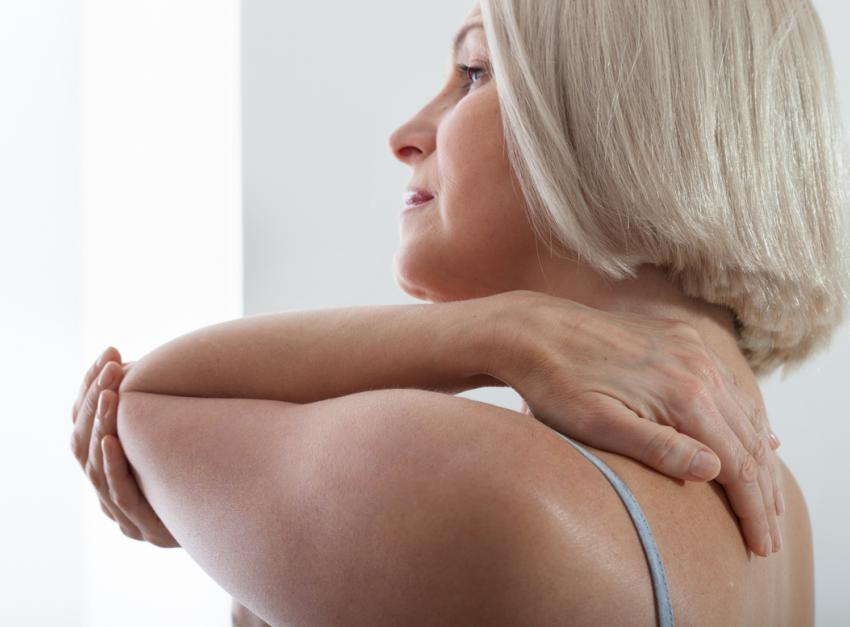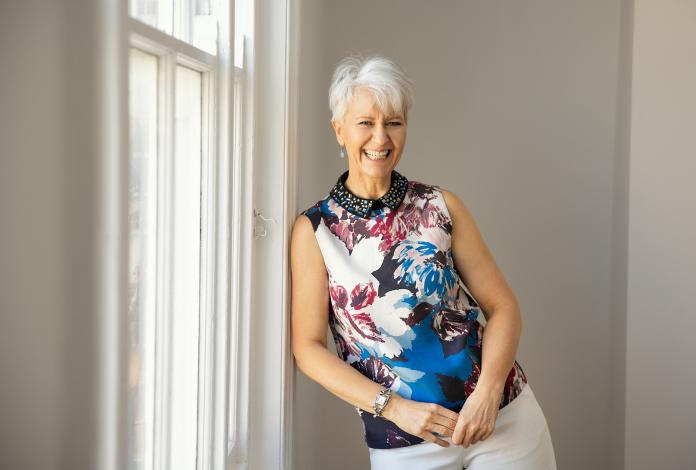
- Ali
This week has seen us supporting World Menopause Day the theme of which was Bone Health.
We all experience menopause differently but there are some common physiological things that happen to us all as we approach menopause. Before menopause, the body’s production of new bone happens more than the removal of old bone. The opposite happens after menopause when our ovaries stop the production of the hormone estrogen. This leads to increased removal of bone which decreases bone strength and can lead to two things – Osteoporosis and Sarcopenia.
Osteoporosis is diagnosed when bone health declines and reduces bone strength. Sarcopenia is a new concept, and is a condition characterised by loss of skeletal muscle mass, muscle strength and function. Although it is primarily a disease of the elderly, its development may be associated with conditions that are not exclusively seen in older persons, i.e. menopause although more research is currently under way in this area.
Diet, exercise and reducing your risk of falling can help you to maintain healthy bones
It’s well worth looking at how a bone-friendly lifestyle can support you too. This includes the following:
Diet
Optimise dietary intake of calcium – this can be done with a calcium calculator (available online from the International Osteoporosis Foundation).
Only supplement with calcium tablets if unable to do so by eating foods rich in calcium such as milk (and plant based milks), yogurt, fish, eggs, beans, lentils and green leafy vegetables and cruciferous vegetables etc.
Optimise blood levels of Vitamin D. This is closely associated with sunlight exposure but can be measured by a standard blood test. Vitamin D deficiency can be corrected with supplements and in the UK is advised by government and the NHS due to low light levels for much of the year.
Ensure you’re eating enough protein. A dietary intake of 1 gram protein per kilogram of body weight per day is suggested.
Exercise
Start to do some weight bearing exercise (such as walking) for 30 minutes most days of the week. Other weight bearing exercise could include dancing, low-impact aerobics, using an elliptical training machine, stair climbing and gardening.
Add balance exercises and strength training when possible – a regular yoga, pilates or tai chi class would be great.
Lfestyle
Avoid smoking.
Limit the amount of alcohol you drink.
How can I help…?
I work with women of all ages to help them achieve their own personal health goals. Whether that’s losing, maintaining, or gaining weight, dealing with issues around bloating, constipation and digestive discomfort or loss of energy, fatigue and brain and memory fog. Reach out and book a free 30 min consultation to see how we might work together.








